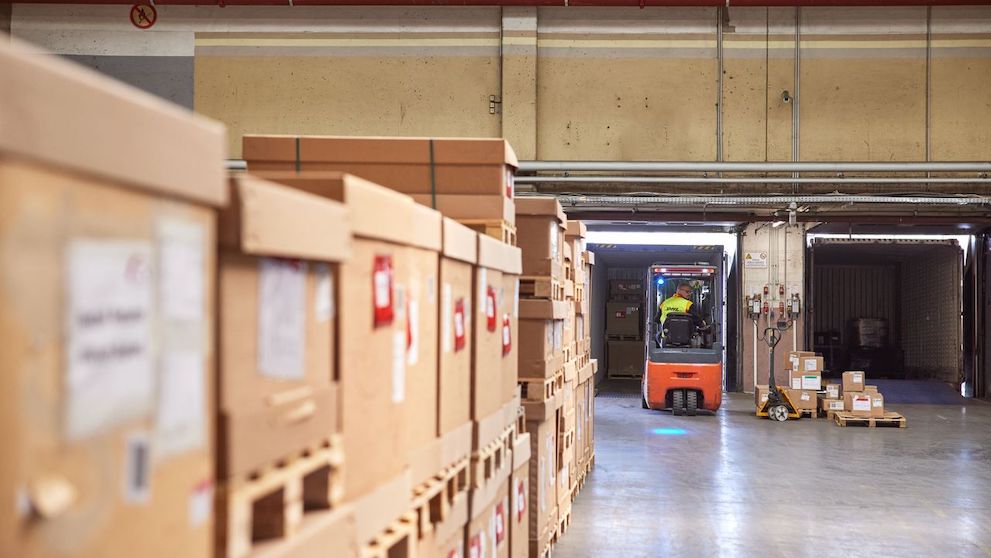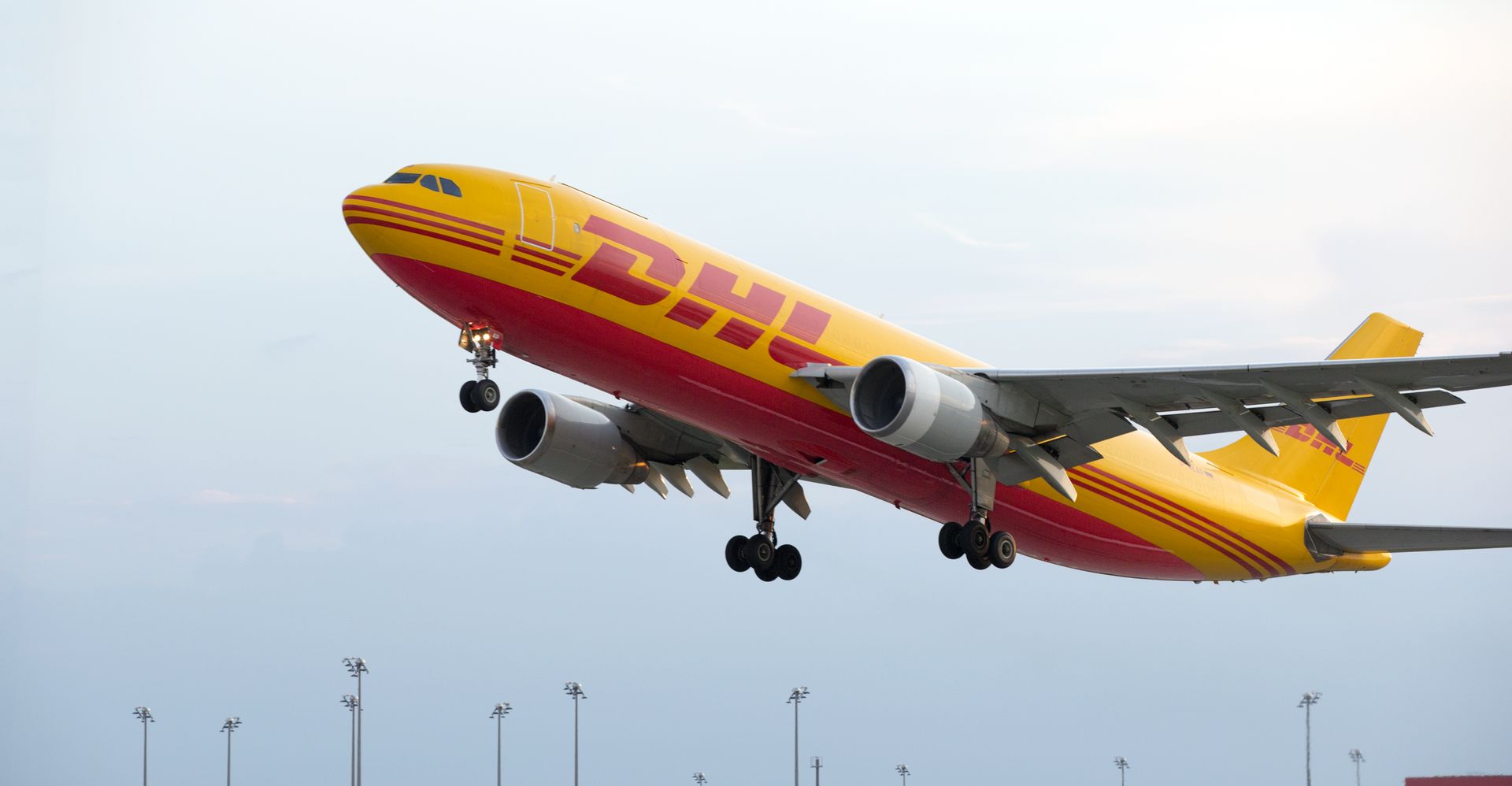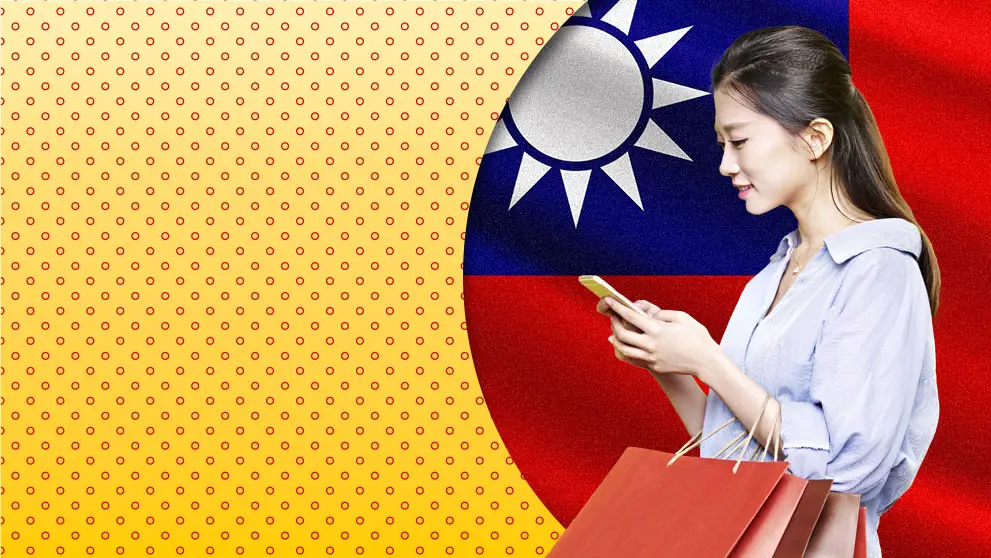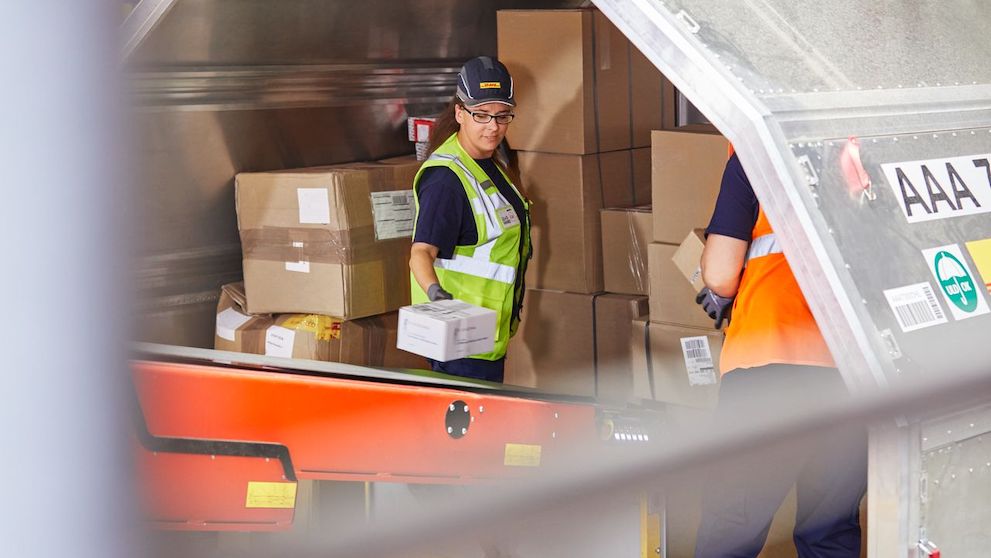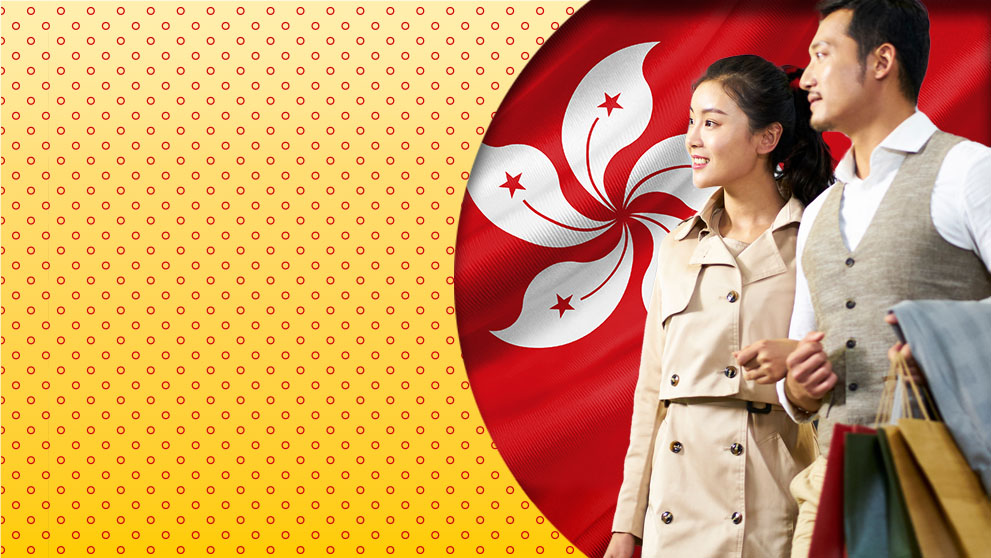Duties, taxes, and understanding De Minimis
When shipping goods between Thailand and the UK, it is essential to understand the various financial elements to which international shipping is subjected. This encompasses duties, taxes, and regulatory compliance, all of which can impact both cost and the smooth execution of trade:
Customs Duty
Customs duties in the UK are determined by the market value of imported goods. The De Minimis value is a threshold below which imports aren't subject to duties or taxes. In the UK, this value is £135. Shipments above this value incur customs duty. For gifts, the rules are different: Import VAT applies for items over £39, and if a gift's value is more than £135, it attracts both customs duty and import VAT. Awareness of this threshold is key for smooth trade and compliance.
Value Added Tax (VAT)
The UK generally charges a standard VAT rate of 20% per item, but exceptions exist. For example, shipments worth less than £39 are exempt from VAT.
Excise Duties
Specific goods, such as tobacco and alcohol, incur excise duties in the UK. Different charges apply depending on the type of product, with distinct classifications for beer, cider, wine, and spirits. Each category has unique excise rates, requiring careful consideration in trade planning.
Understanding these components of the financial landscape, from customs duty and VAT to excise duties and the De Minimis value, facilitates effective trade planning and legal compliance. This complex framework requires awareness and expertise to ensure alignment with international standards and domestic laws, setting the stage for success in the broader trade relationship between Thailand and the UK.
You can also find details on custom tax rates, VAT, and excise duties on the UK's official trade website, offering a detailed resource for in-depth understanding and compliance.
Understanding the UK’s regulations on banned and restricted goods
Navigating the rules regarding prohibited and restricted goods is essential to international trade with the UK. Ensuring compliance with these regulations preserves legal integrity and promotes responsible trade practices.
Prohibited goods
Some goods are completely banned by the UK’s customs from entering the country, and possession of these items at customs will lead to their seizure. Examples of prohibited goods include:
- Controlled drugs: Including narcotics and controlled substances.
- Offensive weapons: Such as flick knives, daggers, swords, blowpipes, batons, and more.
- Self-defence sprays: For example, pepper spray, and CS gas.
- Endangered animal and plant species: Including products derived from protected species.
- Rough diamonds: Unprocessed and uncertified diamonds.
- Indecent and obscene materials: Specific books, magazines, films, and DVDs.
- Personal imports of meat and dairy products: These food items are generally prohibited when imported from most non-EU countries.
Restricted items
Certain goods are not banned outright but are restricted by the UK’s customs, requiring special licences or compliance with specific regulations:
- Firearms, explosives, and ammunition: These require a special licence to import into the UK.
- Certain food and plant products: Restrictions apply if they are not free from pests and diseases, not for personal use, or were not grown in the EU.
- Intellectual property rights-infringing goods: Possession of 'pirate' copies of movies, music, or other intellectual properties may lead to seizure and prosecution.
Special considerations for CITES
Additionally, items protected by the Convention on International Trade in Endangered Species of Wild Fauna and Flora (CITES) require special permits or certificates by the customs for import into the UK. This category includes:
- Certain foods and beauty products: Particularly those derived from endangered species.
- Exotic leather goods, furs: Items made from protected animals.
- Wooden musical instruments, tourist curios, some medicines: These may fall under CITES protection.
The list of prohibited and restricted goods forms a crucial aspect of the UK's trade regulation. Proper understanding and adherence to these rules are paramount for anyone engaging in trade with the UK. Those planning to import or export items to the UK should consult the guidelines on the UK's official trade website and, if necessary, work with experienced customs experts to ensure full compliance. Whether dealing with outright bans or restrictions that require special permissions, careful attention to these regulations fosters ethical and legal trade practices.
The essential guide to shipping documentation
Documentation compliance is another important aspect of international trade, demanding rigorous attention to detail. The intricacies of exporting goods from Thailand to the UK require the understanding of essential shipping documents that facilitate smooth customs clearance, adhere to legal requirements, and ensure that the imported products meet specific standards. Here’s a list of what’s required:
Commercial invoice
A detailed commercial invoice that includes information on the buyer, seller, goods, price, terms of delivery, and payment. It must align with the specific invoice requirements of both Thailand and the UK, adhering to international standards.
Packing list
This document provides details about the packaging, contents, weight, and dimensions of the consignment. It assists in customs clearance and ensures the shipment is handled appropriately during transit.
Certificate of Origin
Required by some importing countries, including the UK, this document verifies the country where the goods were produced and can impact the tariff treatment of the products.
Bill of Lading or air waybill:
Depending on the mode of transport, this document serves as a contract between the carrier and the shipper, outlining the terms and conditions of carriage.
Export licences and permits
For specific products or categories, such as controlled goods or those subject to international treaties, licences, and permits might be required to comply with Thai and UK laws.
Health and safety certifications
For food, pharmaceuticals, and other sensitive products, health and safety certifications might be necessary, ensuring that the goods comply with the quality standards of the importing country.
Insurance certificate
This documents the insurance coverage for the shipment and may be required to prove that insurance was secured under the terms of sale.
Import and export declarations
These declarations to the respective customs authorities provide details about the goods being imported or exported, including their classification, value, and destination, allowing for the proper assessment of duties and taxes.
Specialised documents
For international trade, specialised documentation might be essential based on the type of goods. For instance, if you're importing or exporting using wood packaging materials, such as pallets or crates, they must adhere to the ISPM15 standards set by the Forestry Commission to prevent the spread of harmful pests. Ensuring you have the correct documentation streamlines customs procedures and ensures regulatory compliance.
These documents collectively enable transparency, compliance, and smooth facilitation of international trade. Leveraging insights from experienced shipping partners like DHL Express ensures accuracy and efficiency.
Embrace global trade and leverage opportunities with DHL Express
DHL Express's international shipping solutions provide great value for those seeking to engage in trade between Thailand and the UK. From identifying the most economical way to send a parcel overseas to understanding comprehensive shipping costs, including taxes, customs duties, and applicable surcharges, DHL Express's multifaceted services cover it all.
By signing up for a DHL Express Business Account, businesses not only align with a global leader in shipping but also open doors to efficiency, innovation, reliability, and strategic collaboration. In today's interconnected, globalised world, leveraging these opportunities with DHL Express means thriving in the world of international shipping, recognising trends, navigating challenges, and setting the course for long-term success.
